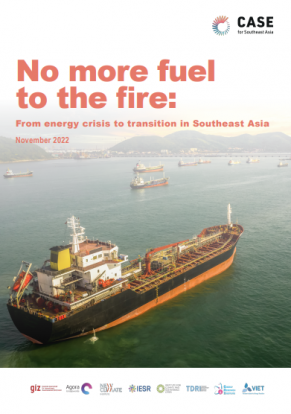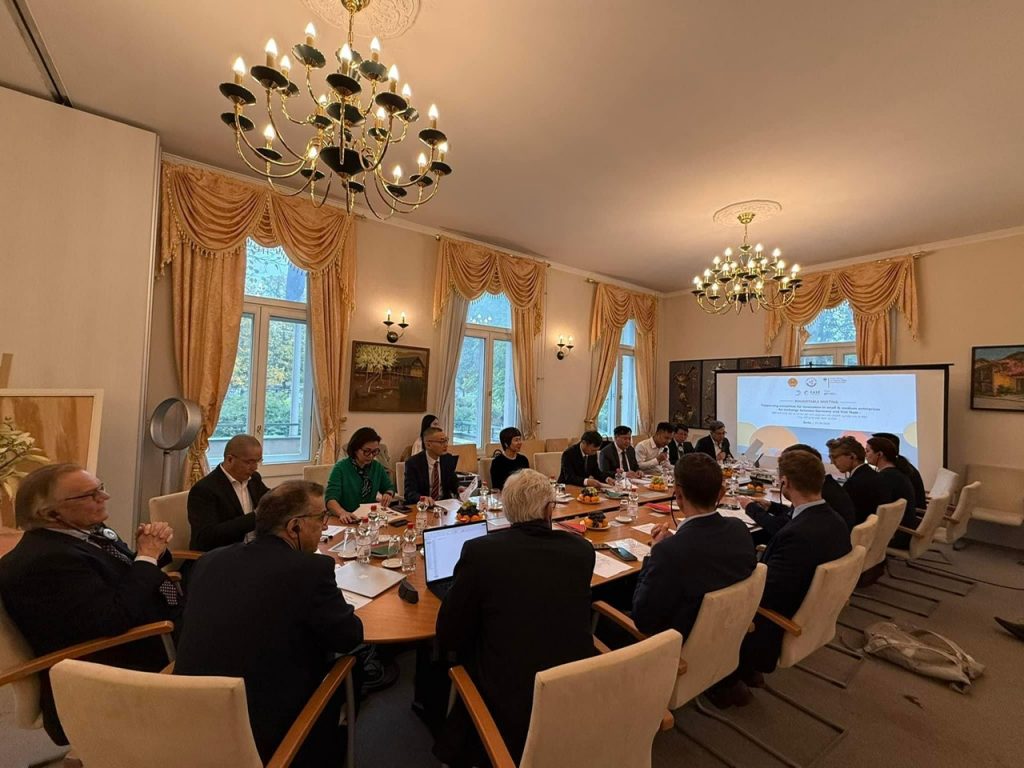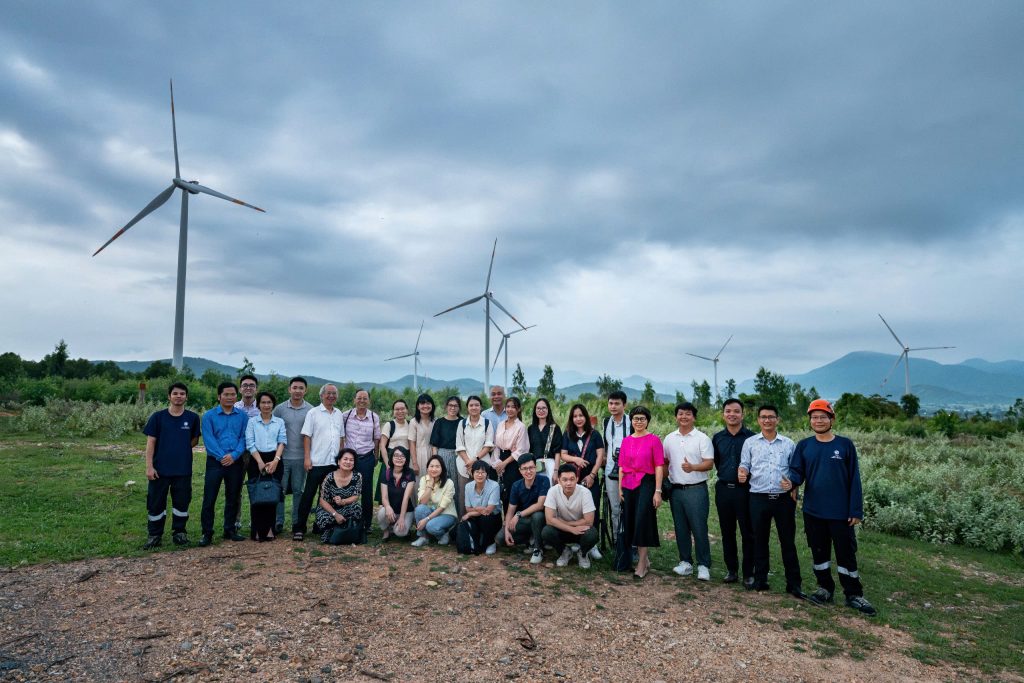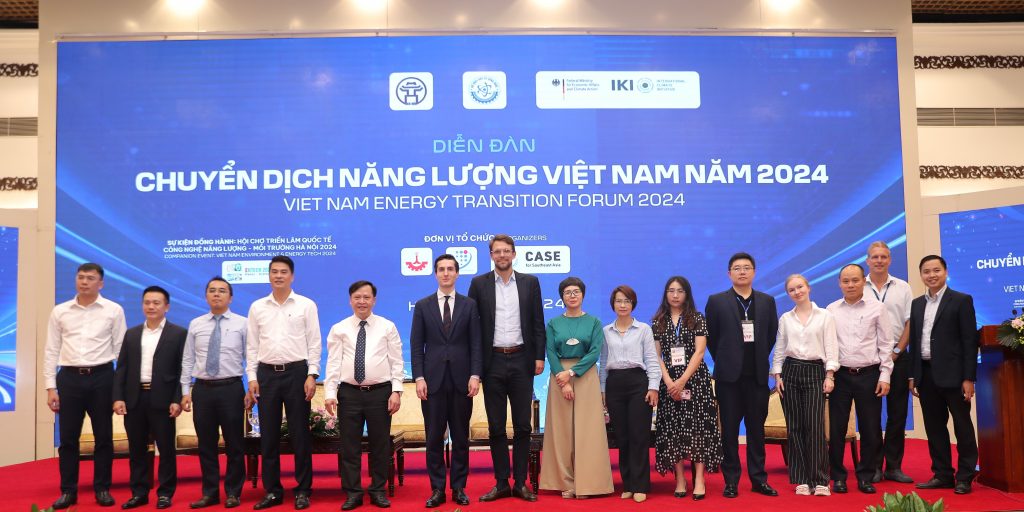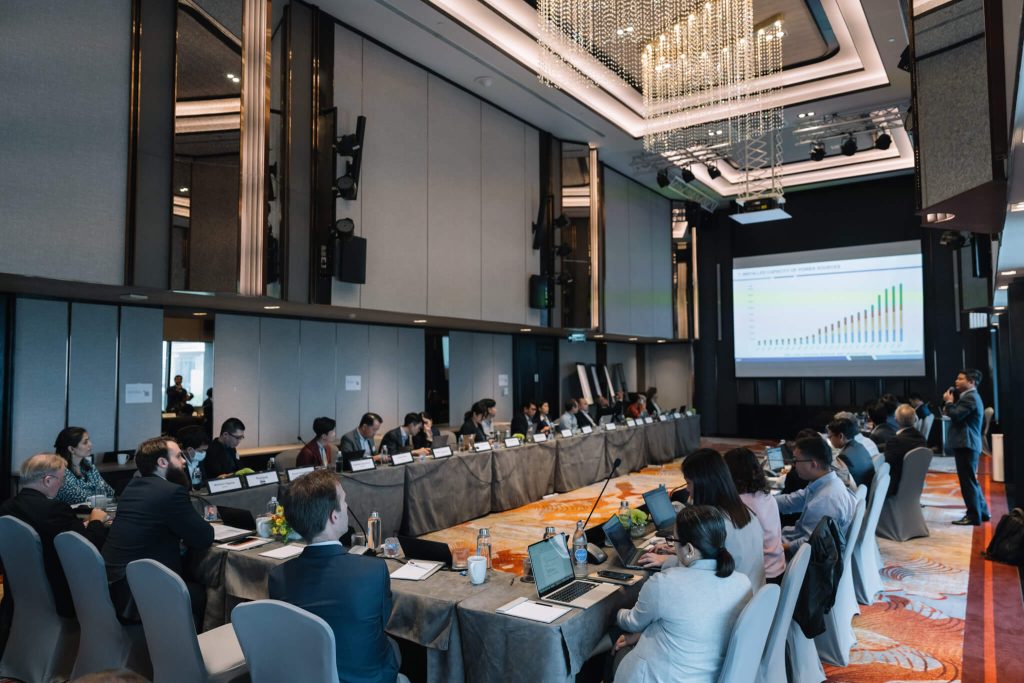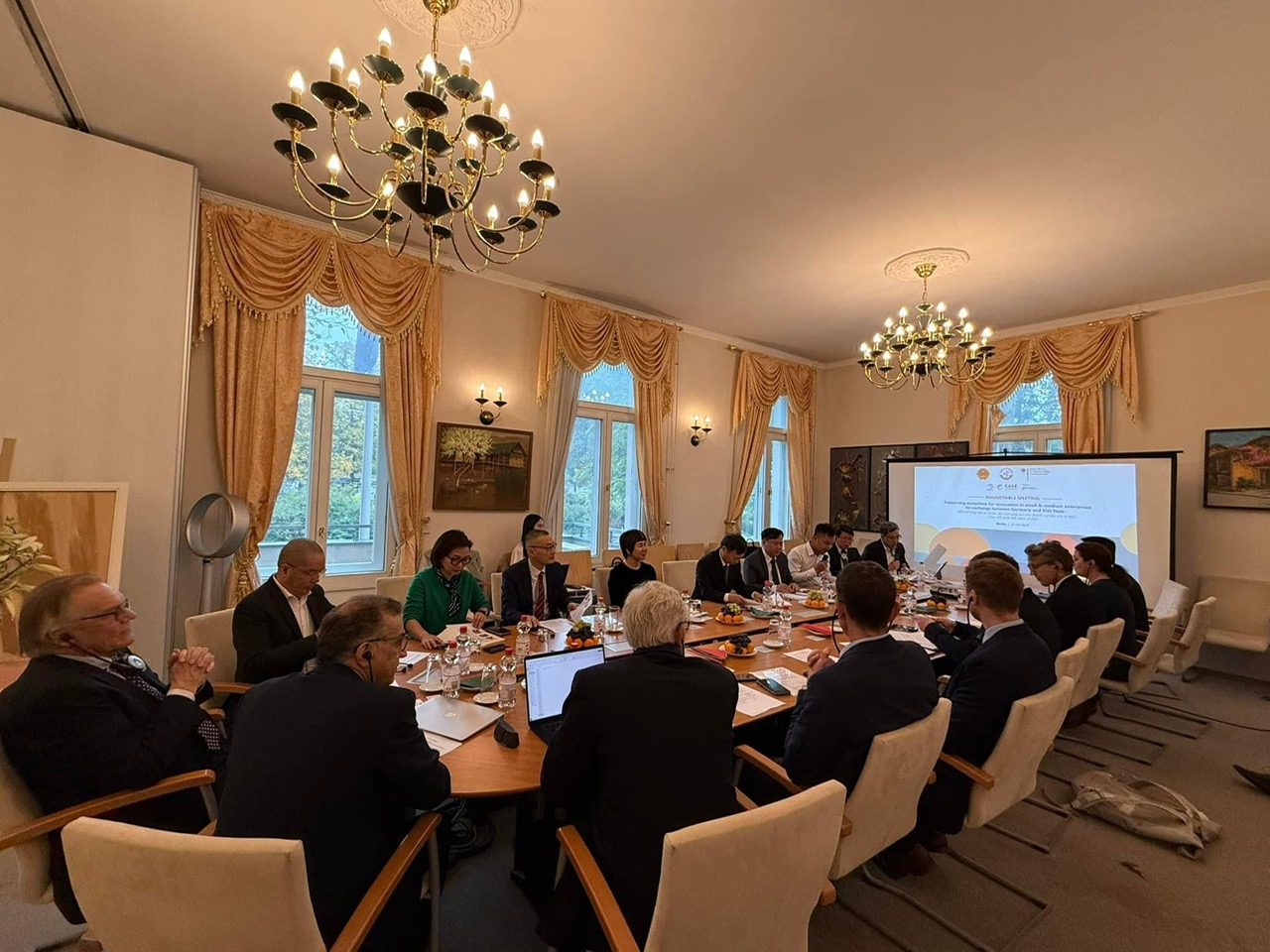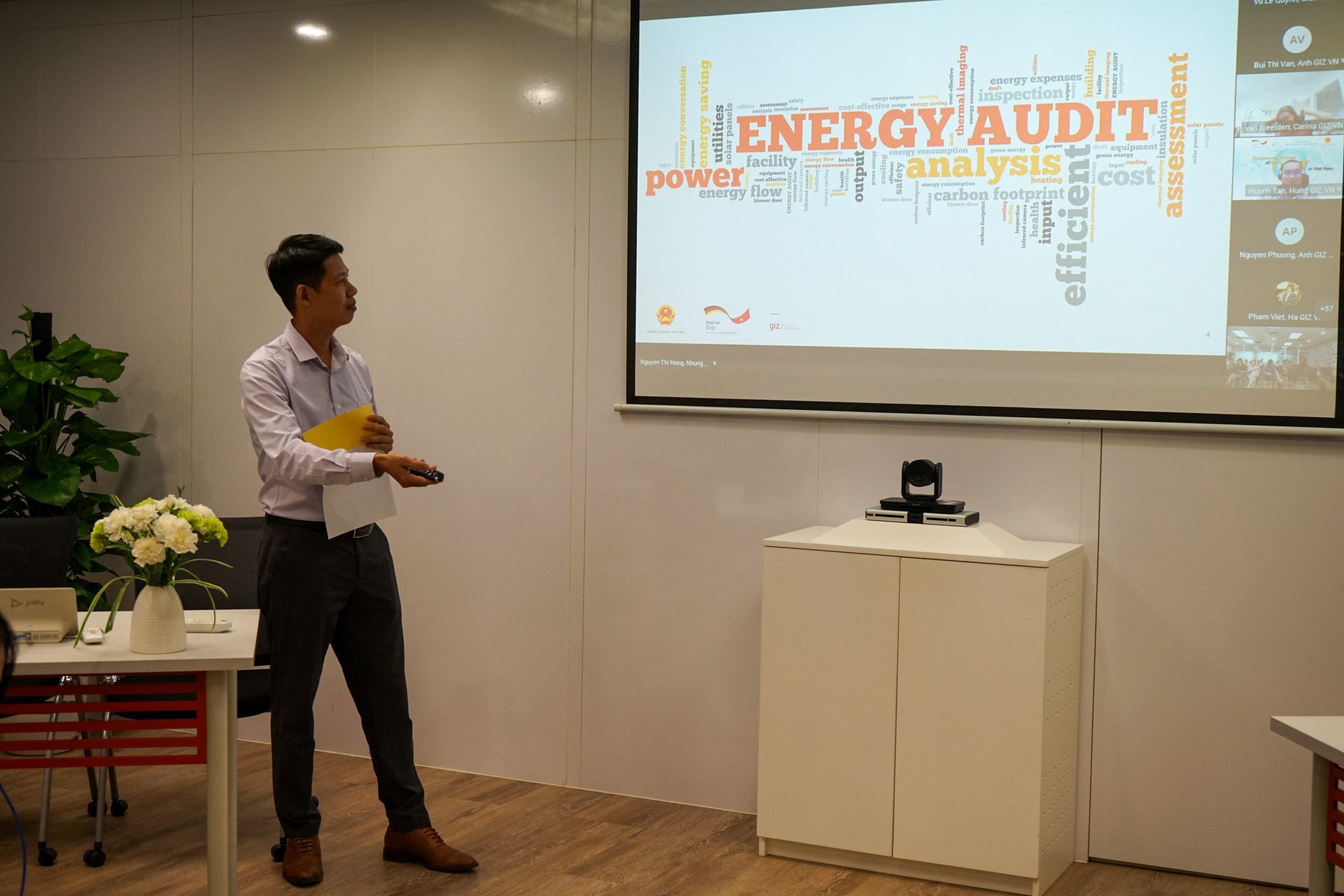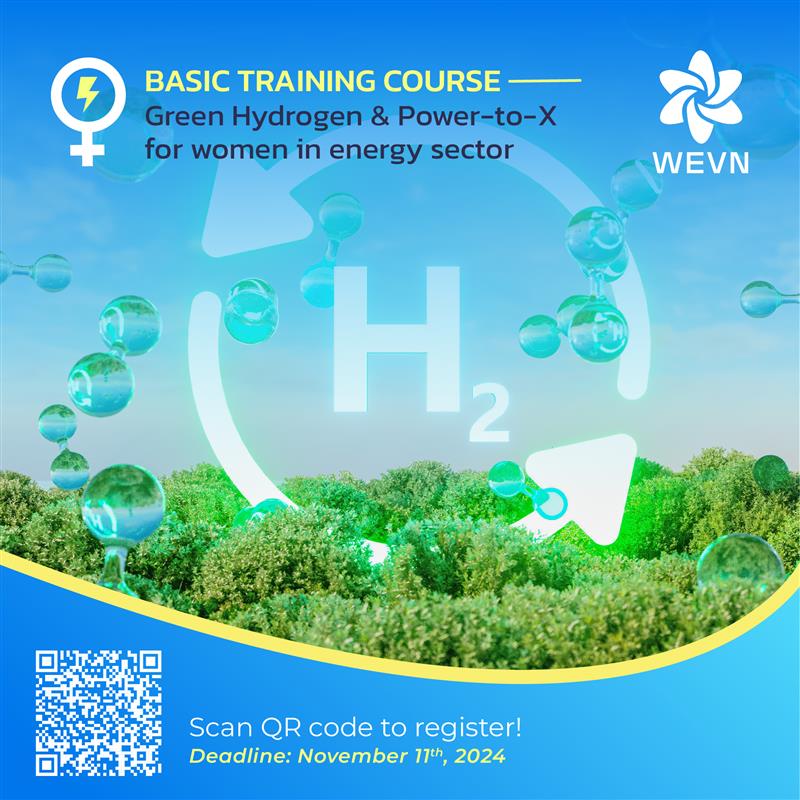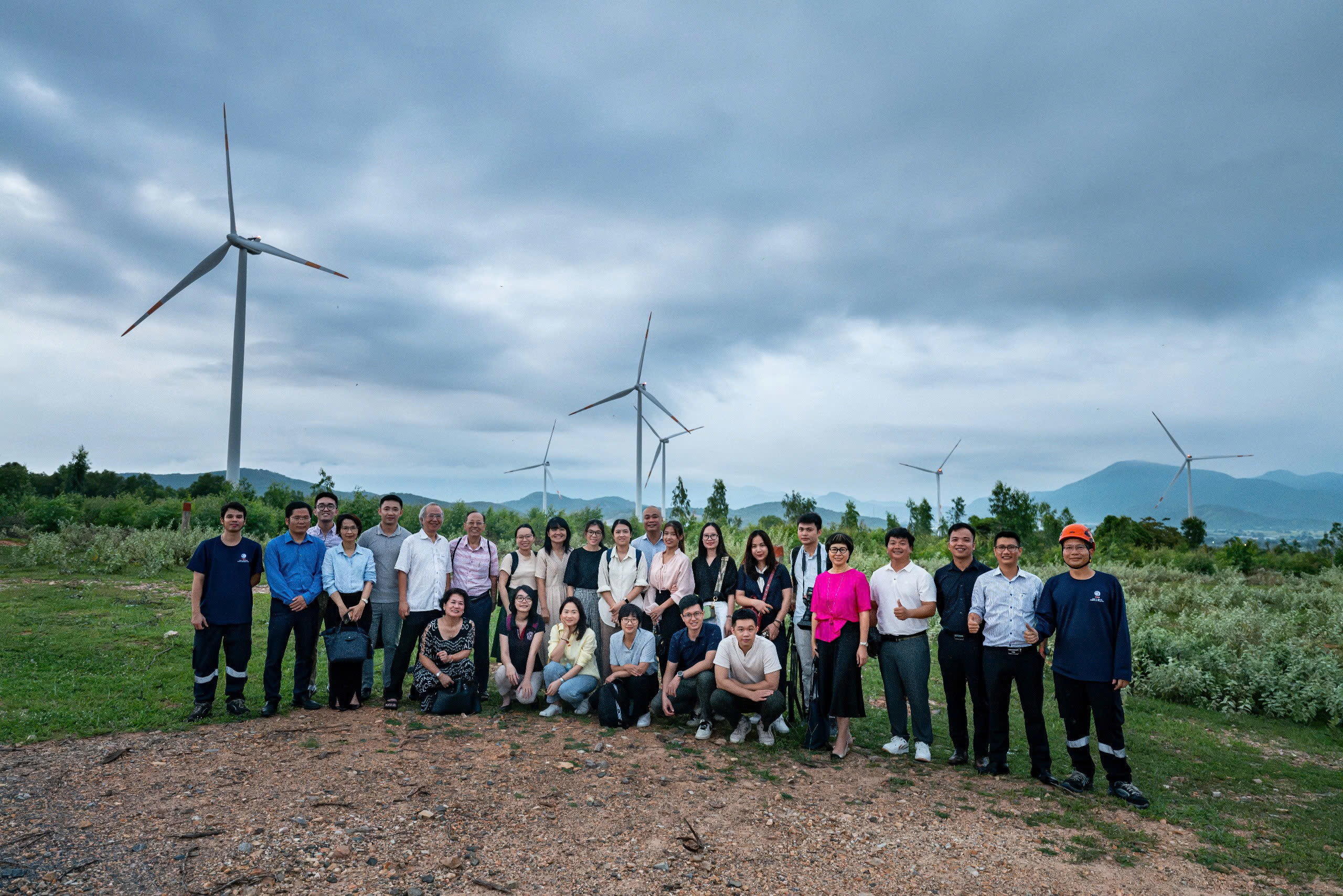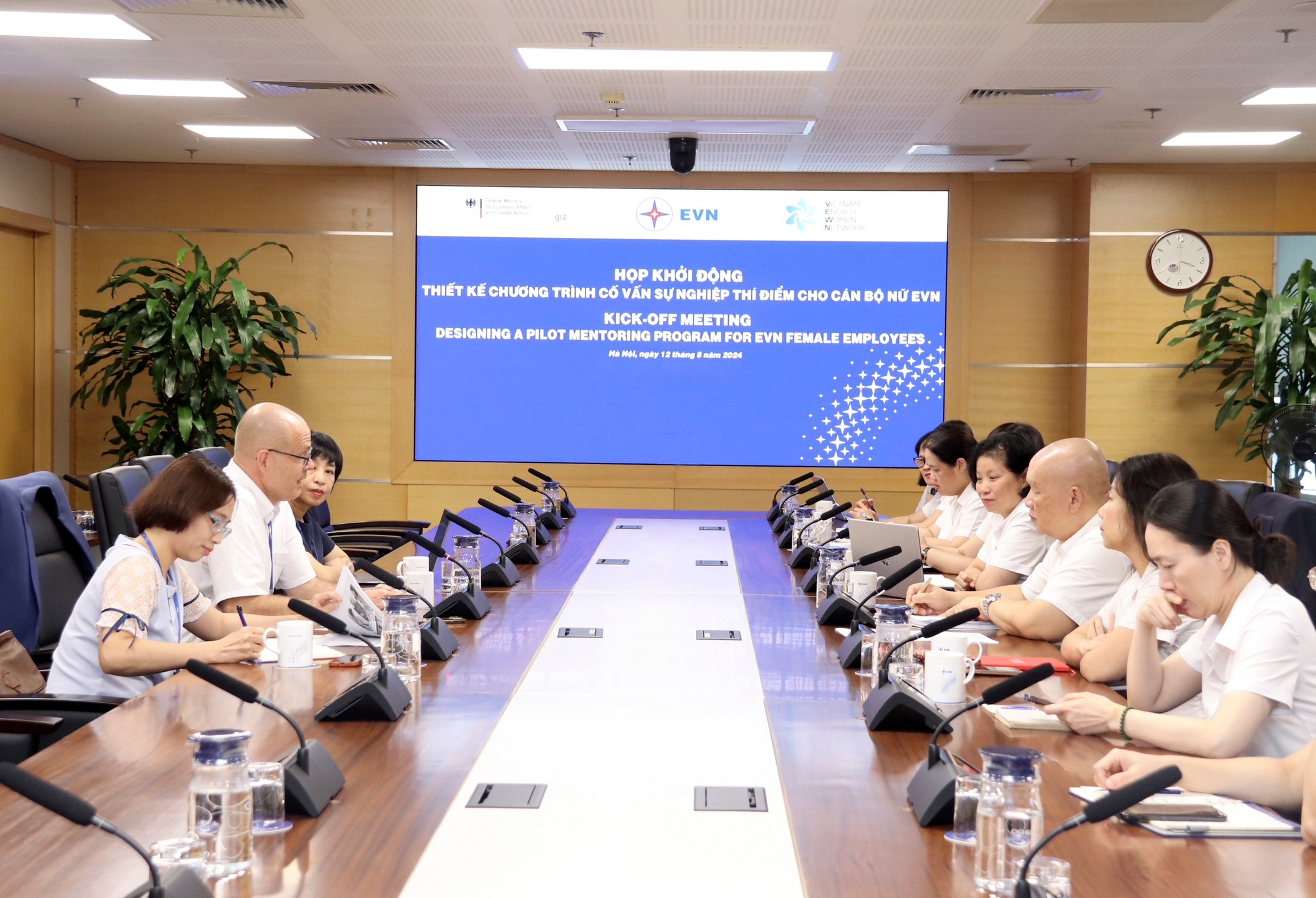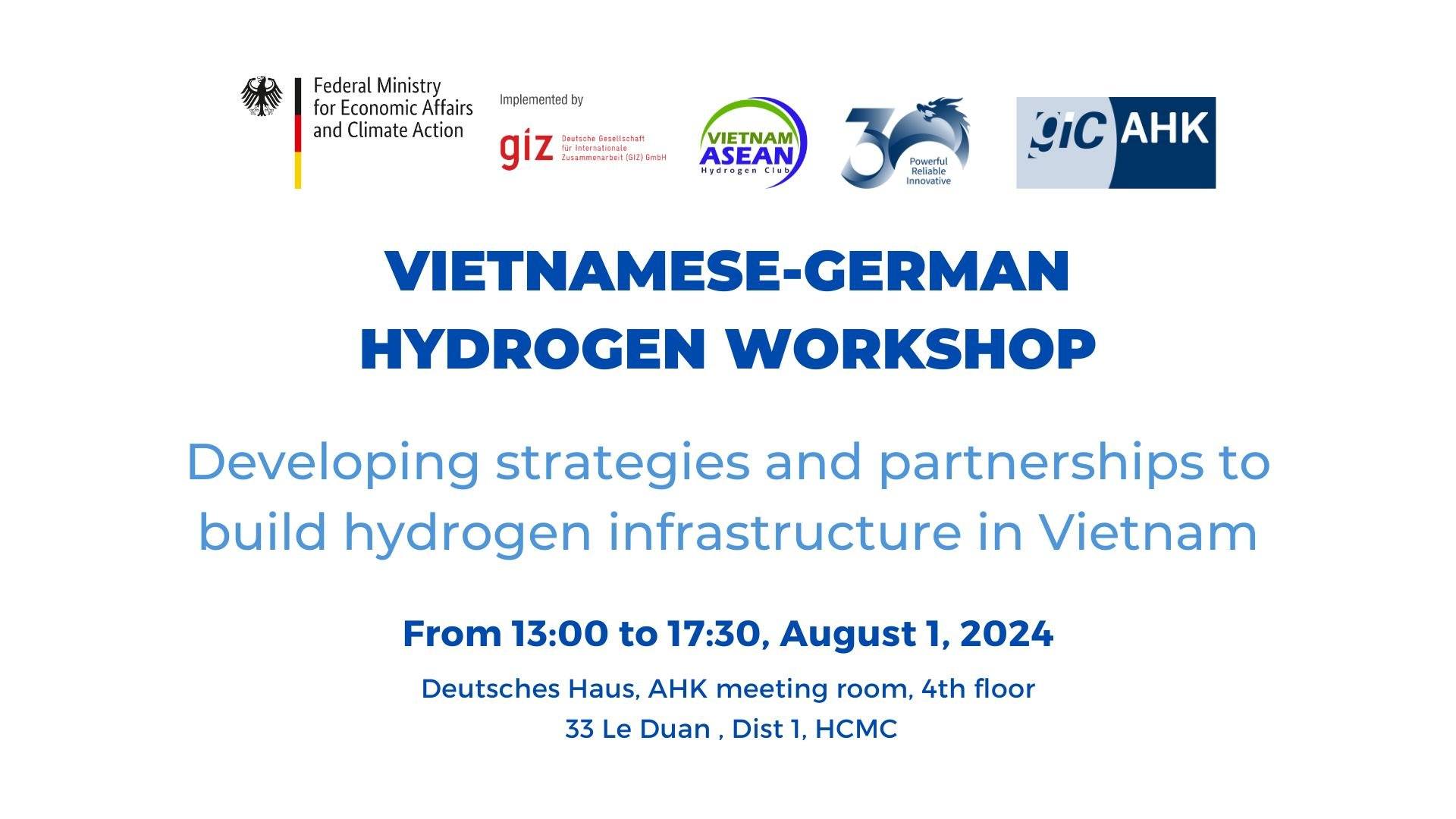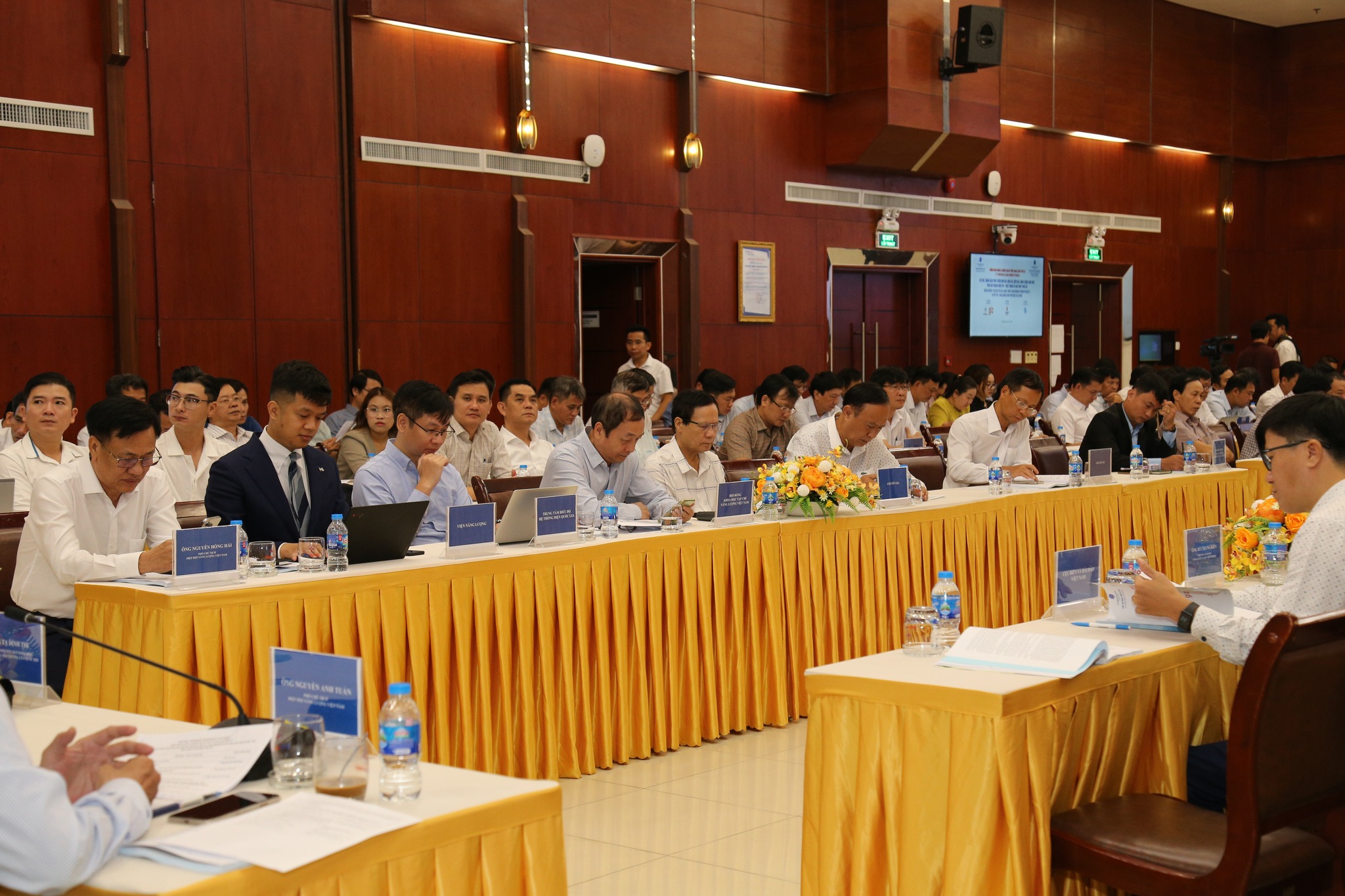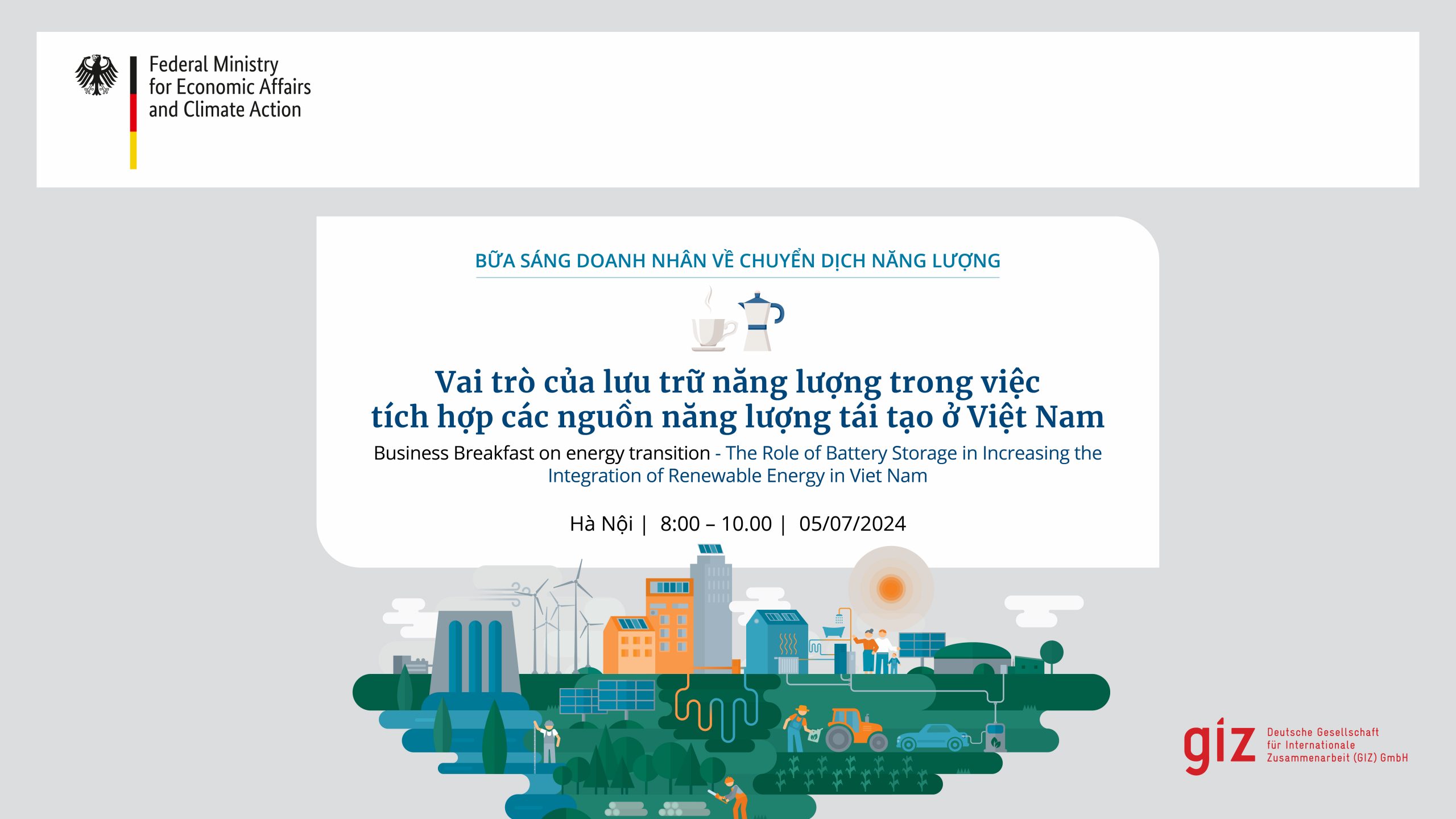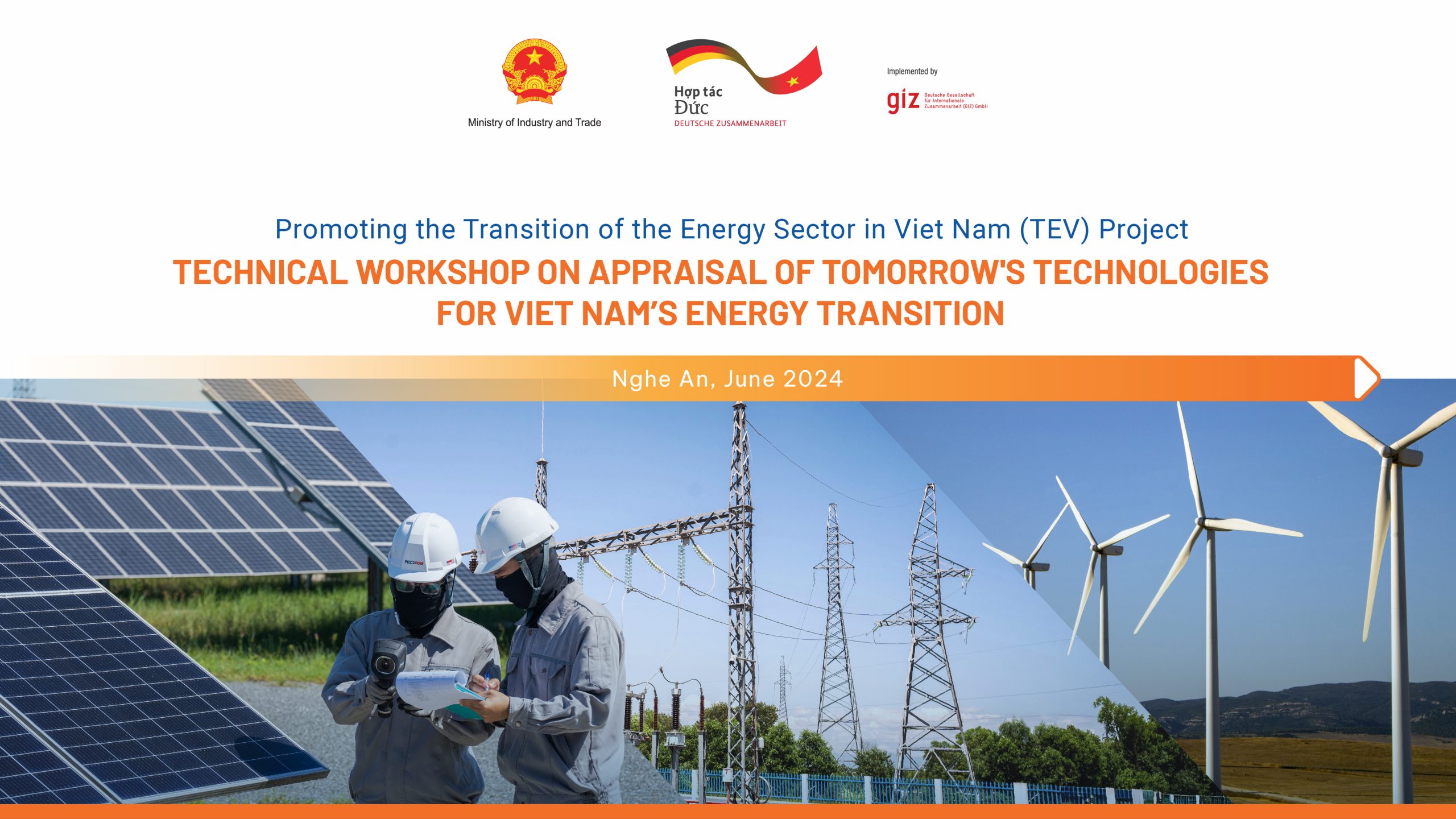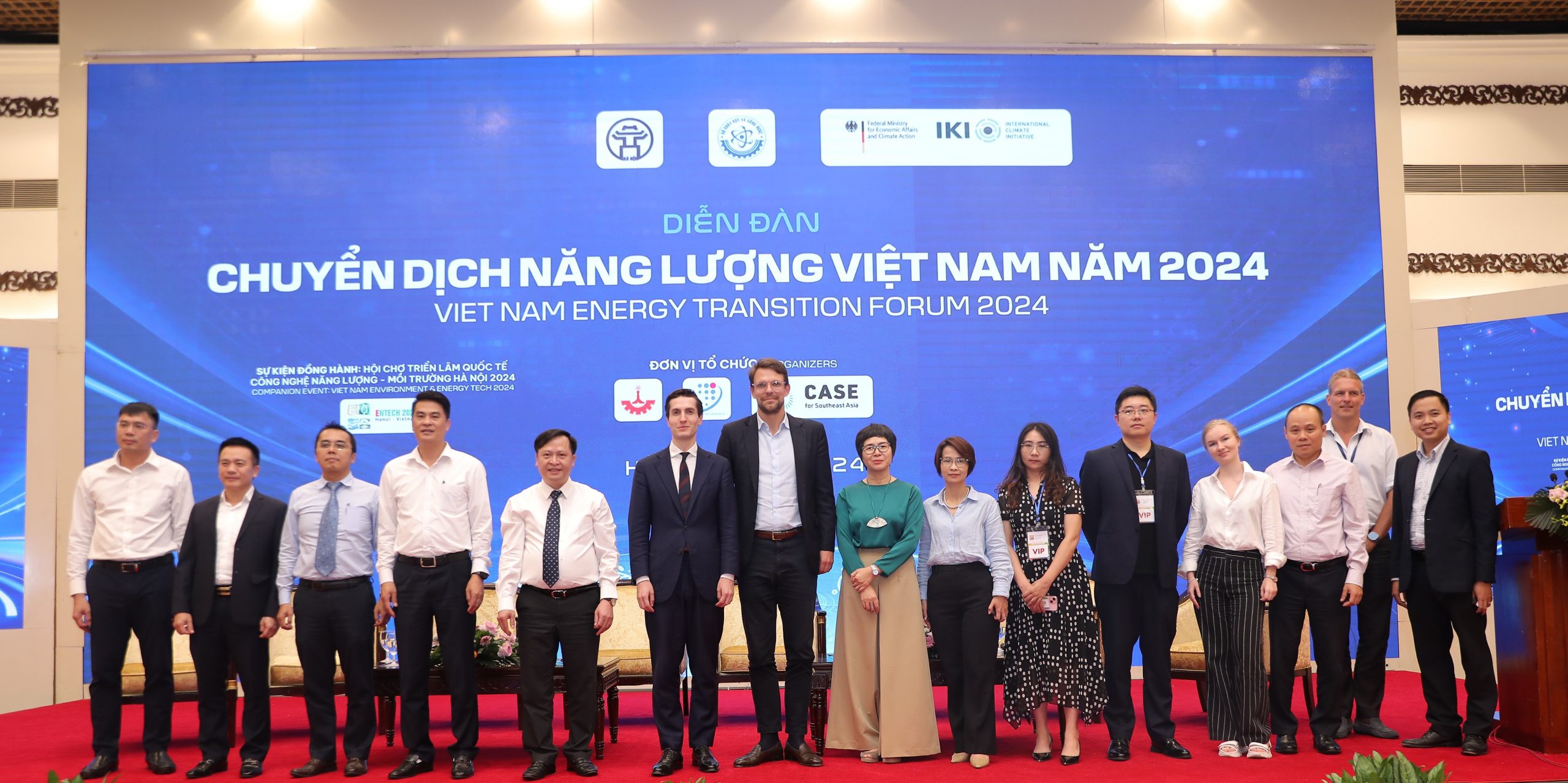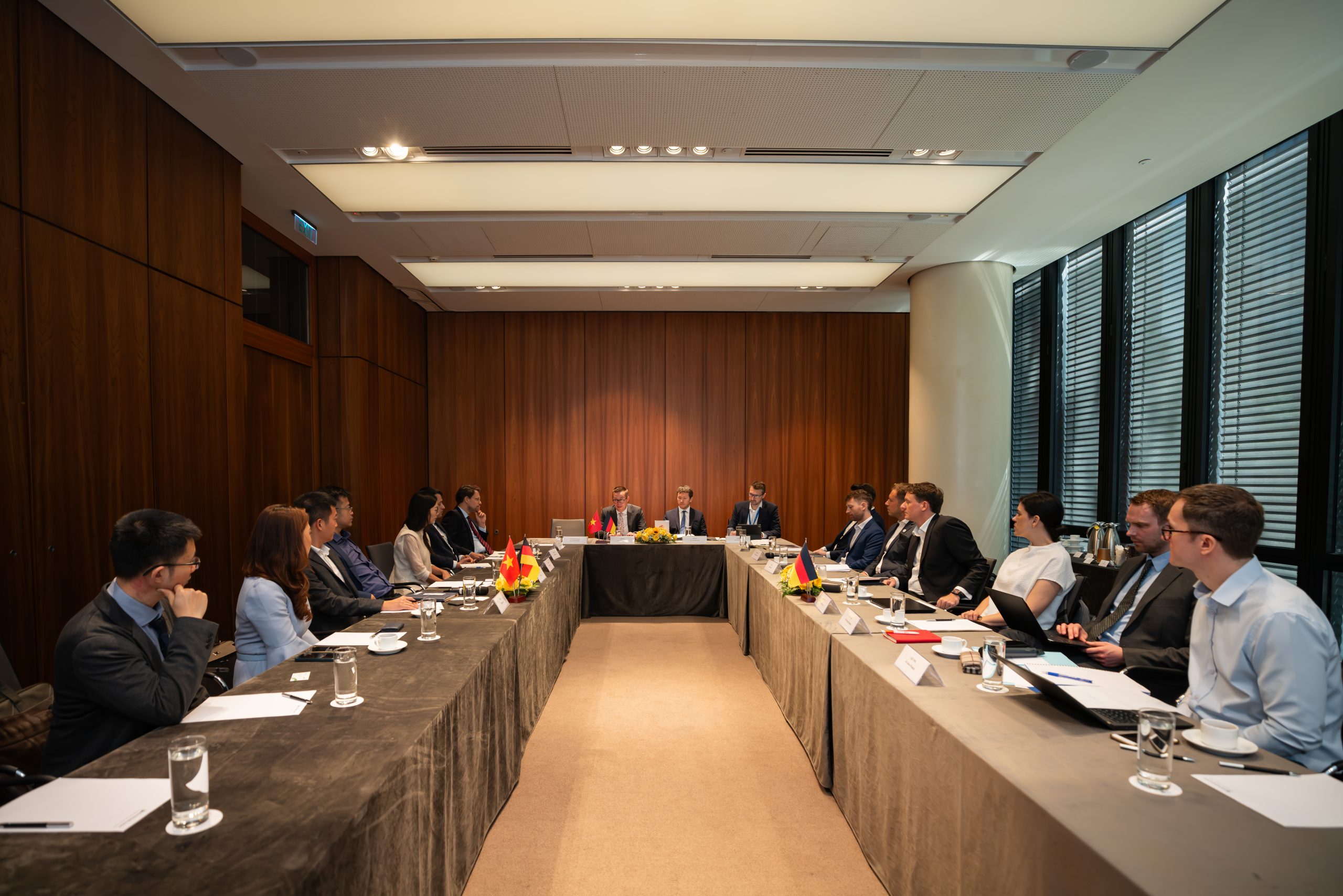

Press Release
Bangkok, 11 November 2022 – The global energy crisis has exposed weaknesses in energy systems across Southeast Asia but can increase momentum for the clean energy transition if governments heed signals to expedite structural shifts in energy supply and demand, according to a new analysis released today by the Clean, Affordable, and Secure Energy (CASE) for Southeast Asia consortium.
From the onset of the energy crisis prices for coal, gas, and crude oil have been steadily rising at the highest rate since the 1973 oil crisis, with prices skyrocketing after Ukraine’s crisis. The economic effects of this have been significant in Southeast Asia, despite low direct exposure to energy imports from the warring countries. The region came in unprepared for the crisis, as economies had just begun recovering from the pandemic, coinciding with stagnating levels of renewables deployment and minimal investment in a green recovery.
CASE has analysed the impacts of the evolving energy crisis on Indonesia, the Philippines, Thailand, and Viet Nam and evaluated the governments’ policy responses with implications for their long-term energy transition outlook. Swithin Lui (NewClimate Institute), a co-author, reported on the findings: “While the countries have avoided the most severe impacts globally, they are highly vulnerable to future shocks as most are net importers of either coal or gas, and all depend on overseas oil. It would be advantageous to build a crisis response by pushing forward an energy security paradigm towards renewables and energy efficiency rather than falling back on fossil fuels.”
CASE has found that the four countries have largely focused on short-term measures alleviating social welfare impacts and securing fossil fuel supply in their response to the upheaval in energy markets. While most governments have introduced new support measures for clean energy technologies over 2021-2022, there is room for greater action to ensure these will offset energy demand growth and displace increasing fossil fuel demand. This would increase energy security, produce a myriad of economic benefits, and prepare countries better for future shocks.
All governments have energy transition objectives firmly embedded in their long-term strategies. The challenge facing each, the study reports, is to garner clout to tackle mid-term implementation priorities head-on in the face of the ongoing fossil fuel crisis. Ernst Kuneman (Agora Energiewende), a co-author, comments: “The crisis highlights the urgency to accelerate the phasedown of fossil fuels and calls into question the role of natural gas as a transition fuel for the region. Volatile markets and prices have made a continued or increasing reliance on natural gas an untenable mid-term strategy; the countries can build greater resilience by addressing this directly to align with long-term planning.”
“The global energy crisis had a big impact on Viet Nam – an energy-intensive economy. To ensure economic growth in the short term, the government has facilitated to enhance opportunities for the import of coal and oil products, reduce most-favored-nation (MFN) tariffs for gasoline, environmental protection tax for oil products, and freeze electricity prices in 2022…; meanwhile, long-term actions have been reflected through energy efficiency measures and renewable energy development goals in which the share of renewable energy capacity (excluding hydropower) in the power mix is raised to 59% by 2050.” Vu Chi Mai (CASE Viet Nam) shared.
Energy efficiency has received greater attention as a result of the crisis, with examples including incentivizes for a modal shift to public transport and the uptake of energy efficiency measures in government and households. Despite those measures, vast potential for improvements in energy efficiency across the value chain remains untapped in all four countries. Stricter energy and building codes and enforcement standards, coupled to new financing opportunities, are needed to push for the transformational change required to secure long-term resilience against future energy shocks.
Download full report here
About CASE
The programme “Clean, Affordable and Secure Energy for Southeast Asia” (CASE) is jointly implemented by the Deutsche Gesellschaft für Internationale Zusammenarbeit (GIZ) GmbH and international and local expert organisations in the area of sustainable energy transformation and climate change: Agora Energiewende and NewClimate Institute (regional level), the Institute for Essential Services Reform (IESR) in Indonesia, the Institute for Climate and Sustainable Cities (ICSC) in the Philippines, the Energy Research Institute (ERI) and Thailand Development Research Institute (TDRI) in Thailand, and Vietnam Initiative for Energy Transition (VIET) in Vietnam.
Funded by the German Federal Ministry for Economic Affairs and Climate Action (BMWK), CASE aims to support a narrative change in the region’s power sector towards an evidence-based energy transition, in the pursuit of the Paris Agreement goals. The programme makes use of available research initiatives while generating new evidence grounded in local realities that can influence economic managers, power sector decision makers, industry leaders and electricity consumers to support early, speedy, and responsive strategic reforms in the power sector. To reach this objective, the programme applies a joint fact-finding approach involving expert analysis and dialogue to work towards consensus by converging areas of disagreement.
Furthermore, CASE is an aligned programme of the Energy Transition Partnership (ETP), an alliance of international donors, philanthropies, and partner governments established to accelerate energy transition and to support sustainable development goals in Southeast Asia.
About GIZ
The Deutsche Gesellschaft für Internationale Zusammenarbeit (GIZ) GmbH is owned by the German government and has operations around the globe. GIZ provides services in the field of international cooperation for sustainable development. GIZ also works on behalf of other public and private sector clients both in Germany and overseas. These include the governments of other countries, the European Commission, the United Nations, and other donor organisations. GIZ operates in more than 120 countries and employs approximately 22,000 staff worldwide.
Contacts:
Swithin Lui: s.lui@newclimate.org | NewClimate Institute
Ernst Kuneman: ernst.kuneman@agora-energiewende.de | Agora Energiewende
Media:
Warisa Sihirunwong warisa.sihirunwong@giz.de | GIZ Thailand / CASE Regional
Gandabhaskara Saputra: gandabhaskara.saputra@giz.de | GIZ Indonesia / CASE Indonesia



